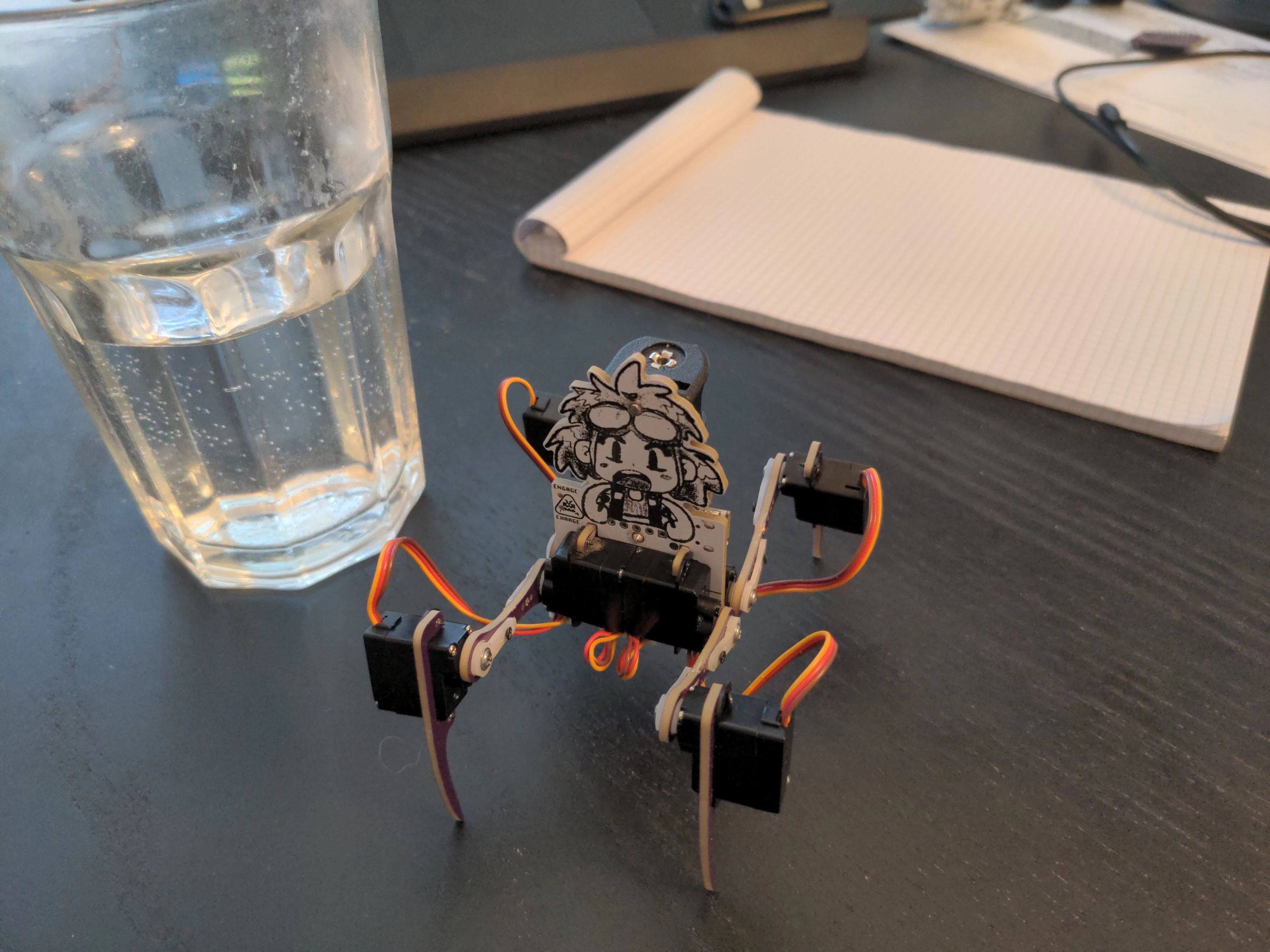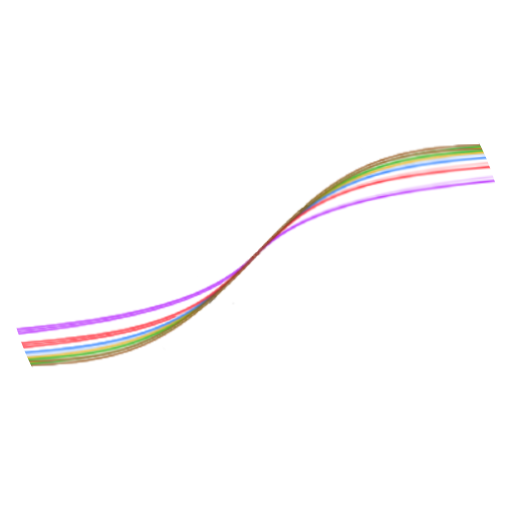Whilst I cannot argue against the environmental damage done by PoW, it is simultaneously (when done right) a far more fair and inclusive way of reaching consensus than PoS.
I don’t really think so. PoW is actually a PoS in disguise: it just shows how much GPU/ASIC money and electricity you are ready to invest. PoS just skips the electricity consumption by asking the just show the money directly. Richer participant using their money to get a bigger share will actually get a similar one under both systems. And unless we have a reliable way to uniquely identify people (a holy grail against sybil attacks) I think they are going to remain similar.
we should instead ask ourselves if that would be quite as much of a concern if people felt like they were truly getting value for their tax money 🤔
I know some of these people. They don’t see it as a fair exchange, they see it as “if I can get away with it, then it is your fault for not preventing me”. Offer them more service without forcing them to pay, they think they are winning more and you are a loser. They are not in a cooperative mode.
About DAO, the thing is that it is promising in theory, but I feel that in practice it breaks down at many simple obstacles and technicalities. It works when you have managed to fully dematerialize your cashflow from final clients to individual contributors. But you still need some interface with a regular banking system at one point, you need points of trust and you need the majority of people along your chain to not be malicious. Under these conditions, usually a DAO is not even needed.
Though one day once a threshold in usability and effectiveness is crossed, I can imagine a DAO behemoth taking almost overnight over the world.









Wait… We don’t have trains and boats already?